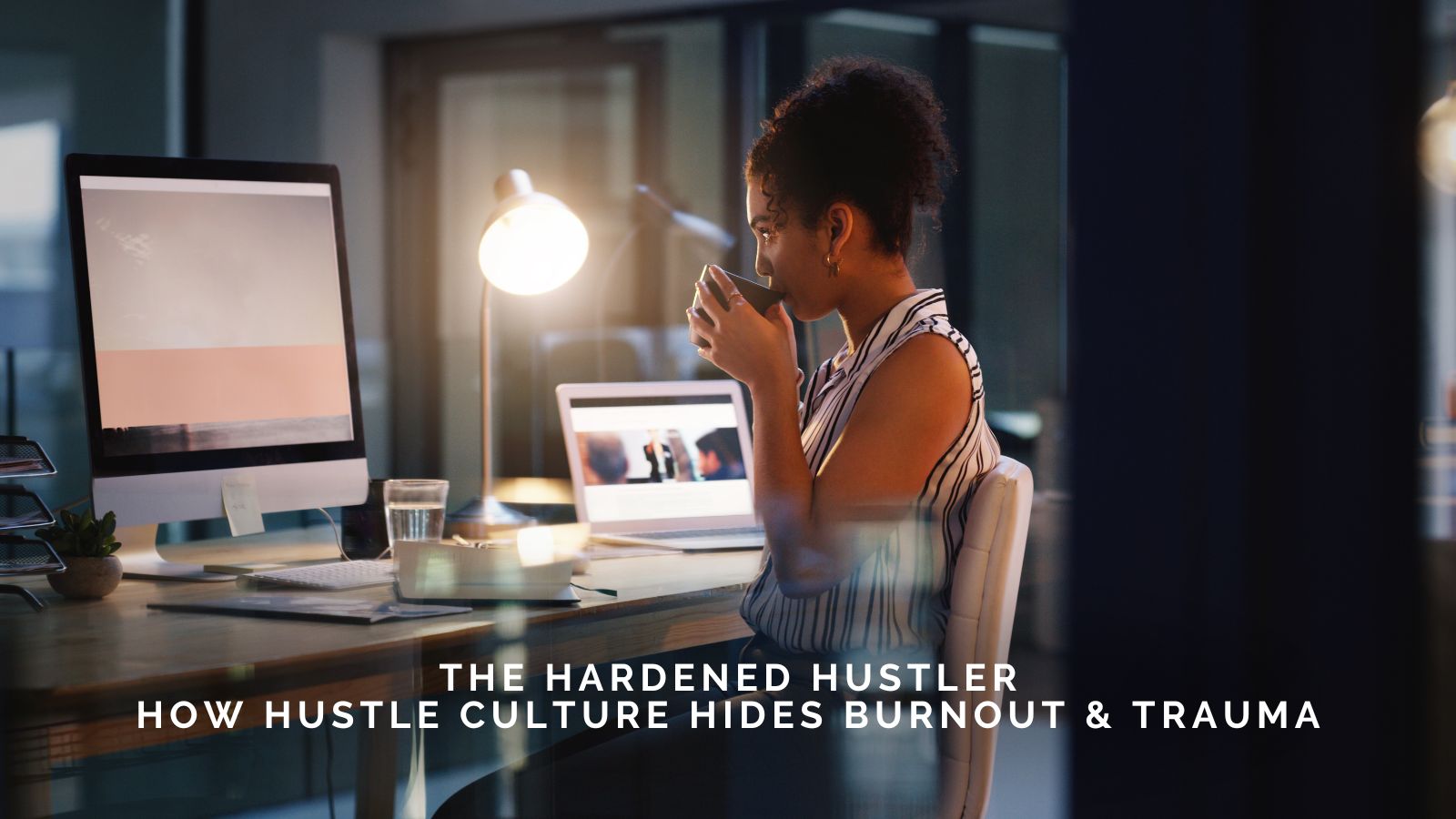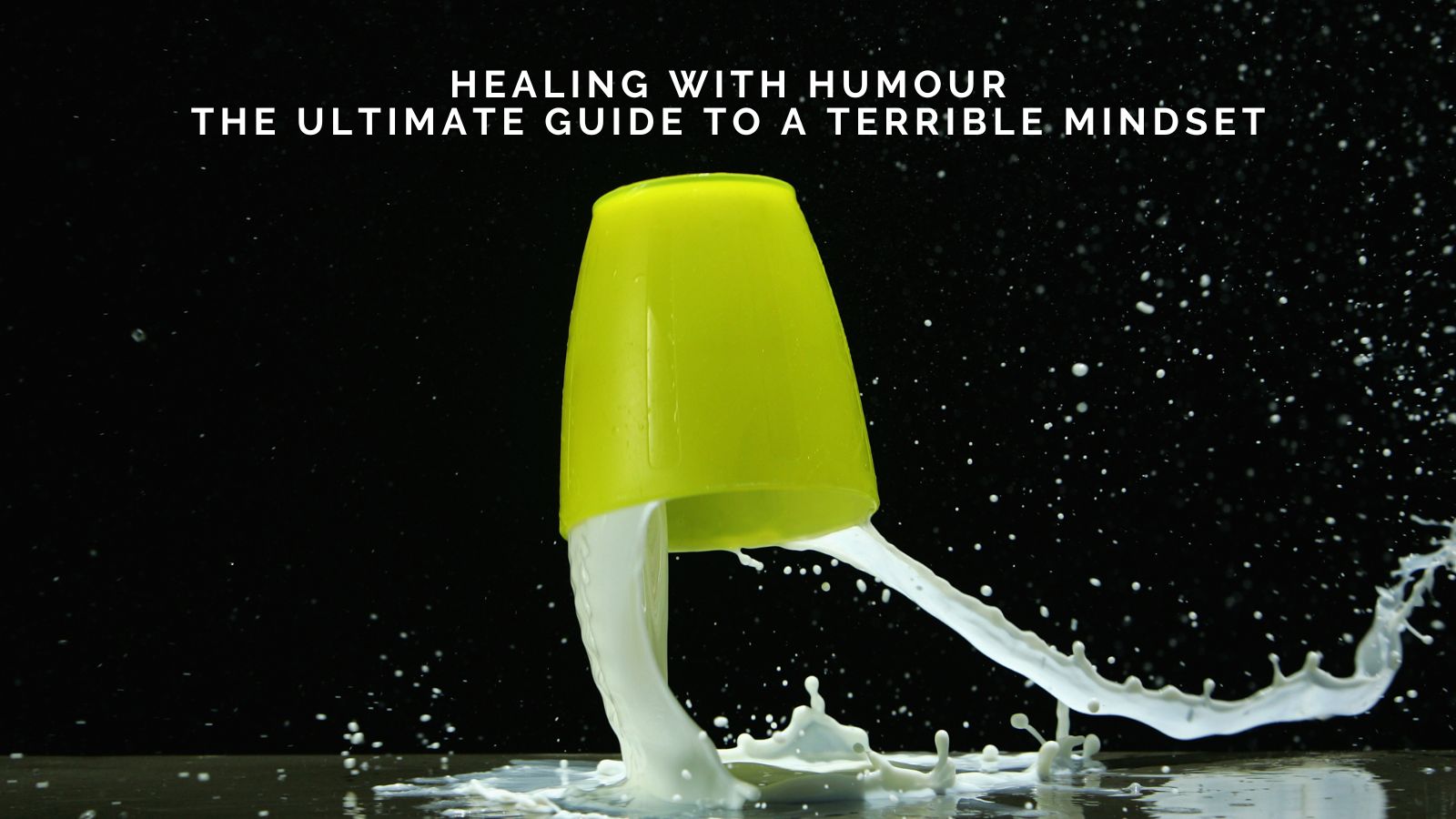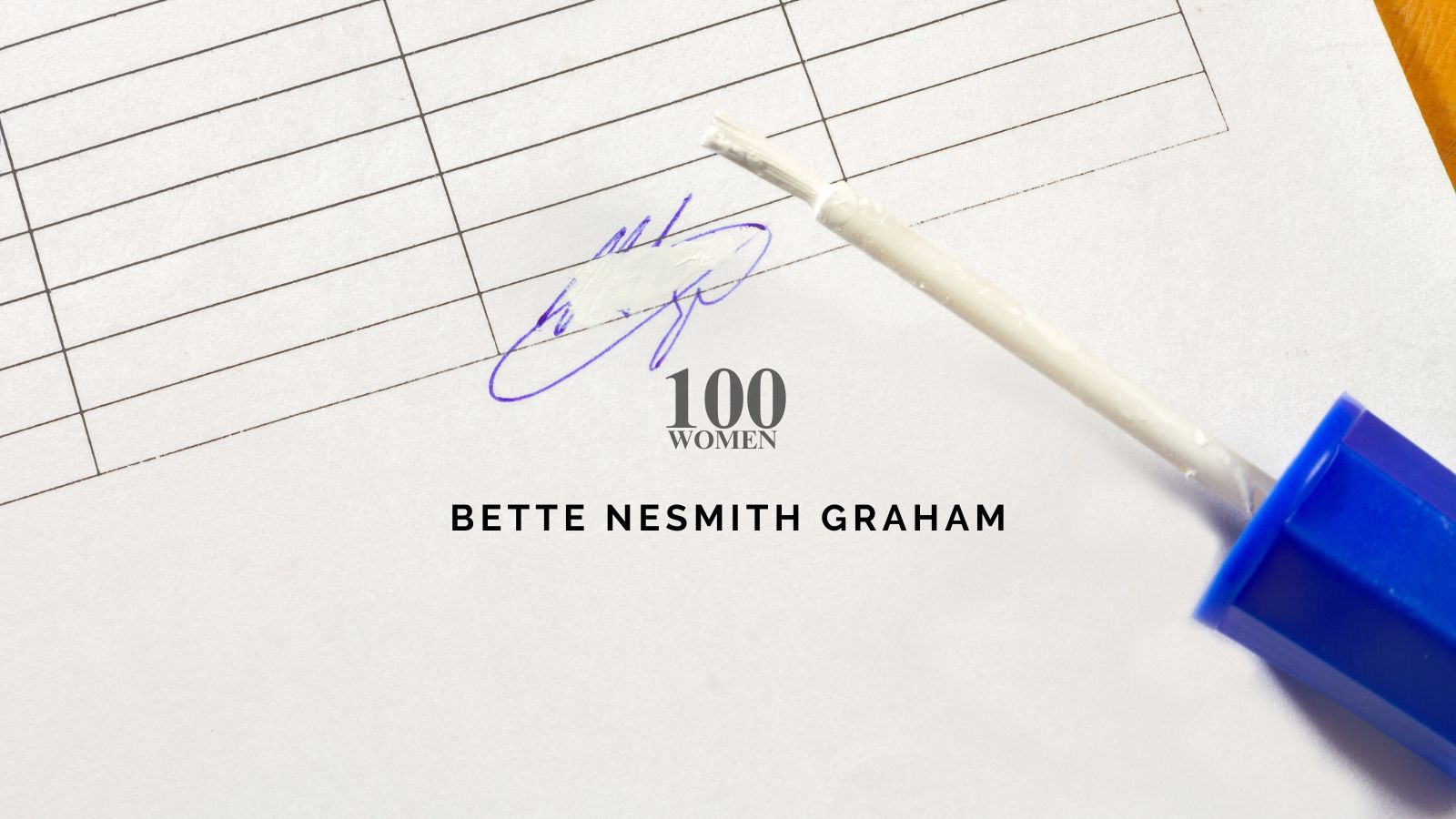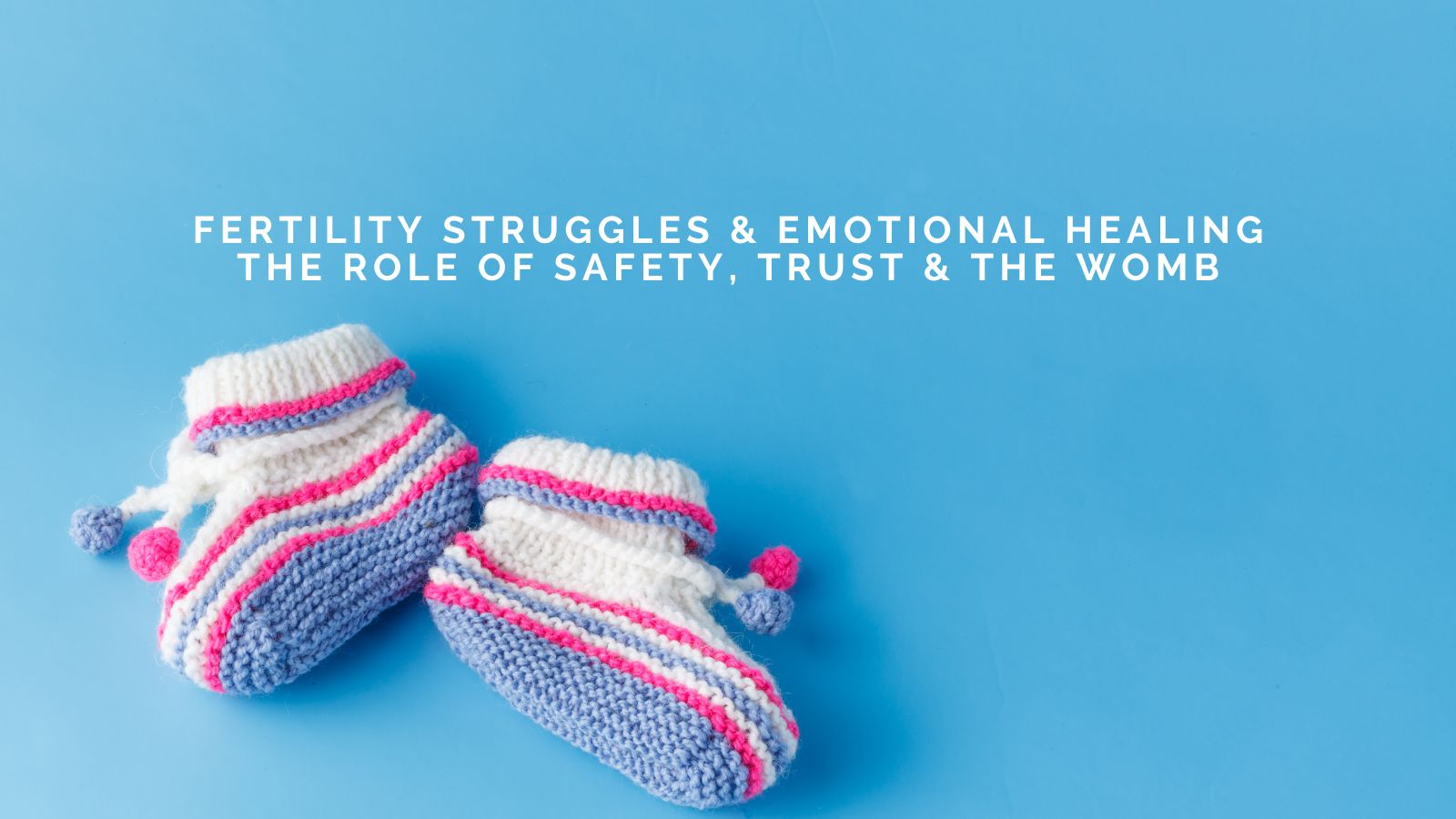
She’s the one everyone calls a “boss.”
The one with the 5 a.m. alarm, the full schedule, the side hustle on top of her 9–5.
She’s always moving, always grinding, always chasing the next goal.
People admire her work ethic. They clap for her resilience. They call her “unstoppable.”
But here’s the truth: the Hardened Hustler isn’t thriving. She’s hiding.
She’s using hustle as a shield because slowing down would mean feeling the pain she’s been running from for years.
Who Is the Hardened Hustler?
The Hustler is the woman who learned early that the only way to be safe was to be strong.
She may have grown up in an environment where vulnerability was mocked, ignored, or punished.
She may have carried adult responsibilities as a child, learning that feelings were a liability she couldn’t afford.
So now? She wears her strength like armour.
She doesn’t cry, she pushes harder.
She doesn’t rest, she takes on more.
She doesn’t ask for help, she doubles down.
To the world, she’s unstoppable.
To herself, she’s untouchable.
Because touch would mean feeling, and feeling would mean breaking.
Why Hustle Is Actually Survival Mode
Let’s call it out: hustle looks impressive. Society rewards it. Instagram glorifies it. Employers exploit it.
But at its core, hustle is often a trauma response.
It’s the nervous system saying:
-
If I stop moving, I’ll collapse.
-
If I don’t achieve, I’ll be forgotten.
-
If I let myself feel, it will destroy me.
That’s not ambition. That’s survival mode dressed in productivity.
And while it may look powerful, it’s really fear in disguise.
The Cost of Being the Hustler
The Hustler pays with her humanity.
She’s exhausted but refuses to stop because rest feels dangerous.
She’s disconnected from her body, ignoring signals of burnout until they explode into illness.
She’s emotionally numb. People admire her resilience, but no one sees how lonely she feels in her silence.
The biggest cost? She loses touch with who she is beneath the armour.
Because if all you are is what you do, who are you when you stop?
Phase 1: Self-Awareness — Naming the Pattern
The Hustler’s first moment of truth comes when she admits:
I’m not working this hard because I love it. I’m working this hard because I don’t know how to stop.
That’s self-awareness.
It’s noticing that:
-
The to-do list never ends, but you keep adding more.
-
The thought of slowing down makes you anxious.
-
You’ve mistaken exhaustion for normal.
-
You wear “busy” as a badge of honour, but inside you feel hollow.
Self-awareness isn’t about shaming yourself for hustling. It’s about seeing hustle for what it really is: a shield.
Phase 2: Reprogramming — Rewriting the Script
The Hustler’s script is simple: My worth is what I produce.
Reprogramming means challenging that lie and teaching your body that rest isn’t danger — it’s medicine.
This starts with small but radical acts:
-
Schedule rest like a meeting. Block time on your calendar and treat it as non-negotiable.
-
Notice the discomfort. When guilt creeps in during rest, name it: This is my nervous system trying to drag me back to hustle.
-
Replace the script. Instead of I can’t stop, try: I am safe when I rest. My value doesn’t disappear when I pause.
At first, it feels unbearable. The Hustler’s nervous system screams: You’re falling behind! You’re weak!
But the more she interrupts the script, the more she learns a new truth: I can stop without collapsing. I can rest and still be worthy.
Phase 3: Reinvention — Living as the Future Self
Reinvention for the Hustler looks like choosing wholeness over hustle.
She begins measuring success by how alive she feels, not how exhausted she is.
She learns to let people in — asking for help, showing emotion, practising softness.
She creates space for joy and connection, not just productivity.
The reinvented Hustler doesn’t stop working hard; she just stops confusing grind with identity.
She realises:
I am more than my achievements. I don’t have to be bulletproof to be valuable. I can be soft and still be strong.
Why This Matters
The Hardened Hustler identity is celebrated everywhere.
We glorify grind culture. We worship the 80-hour workweek. We call women “strong” when what we really mean is “she knows how to suffer silently.”
But let’s be clear: hustle is not strength.
Numbness is not resilience.
Exhaustion is not success.
And the more we normalise it, the more women we lose to burnout, depression, and emptiness.
The Takeaway
If you see yourself in the Hustler, I need you to hear this:
You don’t have to break yourself to prove yourself.
You don’t have to exhaust yourself to matter.
You don’t have to carry your pain alone to be strong.
Your strength is not in how much you can endure.
Your strength is in your willingness to feel, to rest, to choose life beyond grind.
So put down the armour.
Take off the mask of busyness.
And give yourself permission to be more than your hustle.
Because thriving isn’t about running faster.
It’s about finally letting yourself stop.
_(64).jpg)



 (64).jpg)










